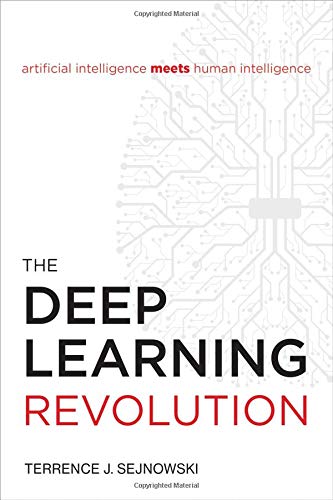Martin Erwig
Once Upon an Algorithm: How Stories Explain Computing
How Hansel and Gretel, Sherlock Holmes, the movie Groundhog Day, Harry Potter, and other familiar stories illustrate the concepts of computing.
Picture a computer scientist, staring at a screen and clicking away frantically on a keyboard, hacking into a system, or perhaps developing an app. Now delete that picture. In Once Upon an Algorithm, Martin Erwig explains computation as something that takes place beyond electronic computers, and computer science as the study of systematic problem solving. Erwig points out that many daily activities involve problem solving. Getting up in the morning, for example: You get up, take a shower, get dressed, eat breakfast. This simple daily routine solves a recurring problem through a series of well-defined steps. In computer science, such a routine is called an algorithm.
Erwig illustrates a series of concepts in computing with examples from daily life and familiar stories. Hansel and Gretel, for example, execute an algorithm to get home from the forest. The movie Groundhog Day illustrates the problem of unsolvability; Sherlock Holmes manipulates data structures when solving a crime; the magic in Harry Potter's world is understood through types and abstraction; and Indiana Jones demonstrates the complexity of searching. Along the way, Erwig also discusses representations and different ways to organize data; “intractable” problems; language, syntax, and ambiguity; control structures, loops, and the halting problem; different forms of recursion; and rules for finding errors in algorithms.
This engaging book explains computation accessibly and shows its relevance to daily life. Something to think about next time we execute the algorithm of getting up in the morning.
- Series
- The MIT Press
- ISBN
- / 9780262036634
- Pages
- 336
- Weight
- 25.6 oz.
- Dimensions
- 7.0 x 0.9 in.
Enjoy reading Once Upon an Algorithm: How Stories Explain Computing? You may also like these books
-

Ramesh Srinivasan, Douglas Rushkoff
Beyond the Valley: How Innovators around the World are Overcoming Inequality and Creating the Technologies of Tomorrow
Hardcover (The MIT Press Oct. 29, 2019) -

Meredith Broussard
Artificial Unintelligence: How Computers Misunderstand the World
Paperback (MITPress Jan. 29, 2019) -

Francis Hallé, Erik Butler, Éliane Patriarca
Atlas of Poetic Botany
Hardcover (The MIT Press Nov. 27, 2018) -

Robyn Metcalfe
Food Routes: Growing Bananas in Iceland and Other Tales from the Logistics of Eating
Hardcover (The MIT Press March 12, 2019) -

Arthur I. Miller
The Artist in the Machine: The World of AI-Powered Creativity
Hardcover (The MIT Press Oct. 1, 2019) -

Ian Stewart
The Beauty of Numbers in Nature: Mathematical Patterns and Principles from the Natural World
Paperback (The MIT Press Sept. 8, 2017) -

David J. Eicher, Brian May, Jim Lovell, Charlie Duke
Mission Moon 3-D: A New Perspective on the Space Race
Hardcover (The MIT Press Oct. 23, 2018) -

Alex Rosenberg
How History Gets Things Wrong: The Neuroscience of Our Addiction to Stories
Paperback (The MIT Press Aug. 13, 2019) -

Dave Trumbore, Donna J. Nelson, Marius Stan
The Science of Breaking Bad
Paperback (MIT Press June 18, 2019) -

Rebecca C. Thompson, Sean Carroll
Fire, Ice, and Physics: The Science of Game of Thrones
Hardcover (The MIT Press Oct. 29, 2019) -

Luis Perez-Breva, Nick Fuhrer, Edward Roberts
Innovating: A Doer's Manifesto for Starting from a Hunch, Prototyping Problems, Scaling Up, and Learning to Be Productively Wrong
Paperback (The MIT Press Aug. 28, 2018)









